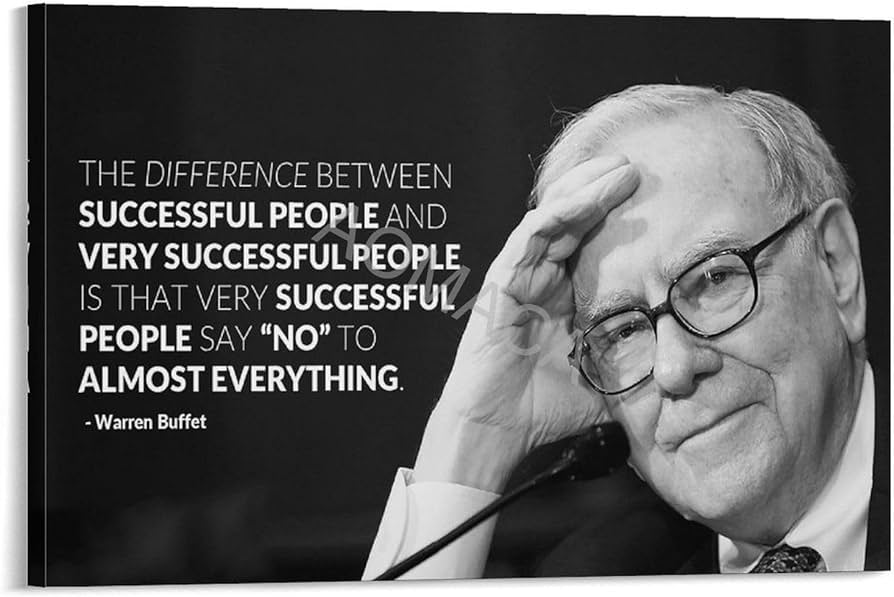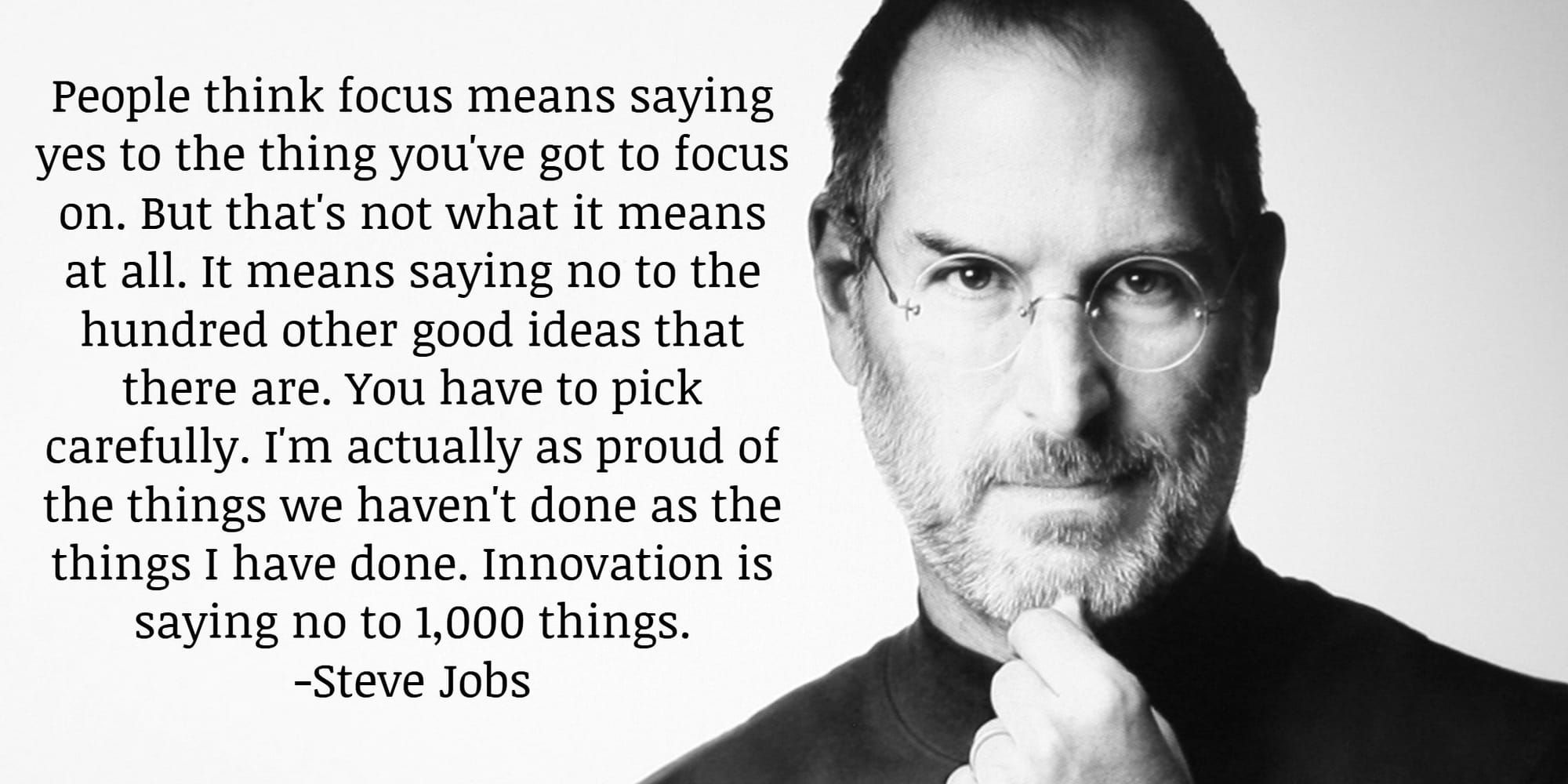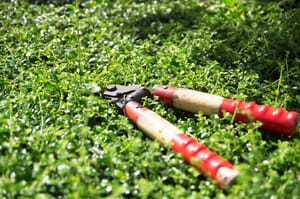I love the animated Sing movies we watch with our grandkids for the inspiring theme of chasing and catching dreams. In one set of scenes, Rosita, a very dedicated homemaker to 25 little piglets, has a crazy morning routine to get them dressed, fed, and out the door to school. She was once a great singer and longs to enter a new talent competition. What to do? Her husband is devoted but worn out from his job. No babysitter is that crazy, so she works all night to build a Rube Goldberg contraption to automate the morning routine as her replacement. It works! She is out the door early, off to rehearsal, and no one is the wiser until one morning when there is a glitch, everything goes haywire, and, to the delight of the chittering little piglets, Dad ends up afoul of the machinery and is plopped unto the breakfast table cocooned in a table cloth wondering what has become of himself.
Do you ever feel overwhelmed, like your life is out of control? I do. We are bombarded in a way not possible 50 years ago. Chaos is everywhere, and we are overstimulated without a break. I hear people say:
Feeling like we are not in control can bring anxiety about what might strike next. Feeling overwhelmed can lead to unhealthy stress levels and depression. Worse, staying in these harmful states too long will keep us from reaching our full potential and may damage us spiritually, emotionally, and physically.
Outside of tending to our own care, we can take three practical steps to grab the wheel. The first two are to Prioritize and Plan. To repeat, one of the highest priorities that should be in our daily plans is self-care—attention to spiritual, brain, emotional, and physical wellness, but today, I’m going to focus on the most critical step in this crazy time: PRUNE! Expert gardeners prune a third to a half of a healthy rose bush so it can explode with exquisite blossoms.
My early experience with pruning was my next-door-neighbor friend, Gary Samulean, flashing his shears while trimming a hedge that bordered our rent-properties line. I playfully stuck my hand in the foliage from my side, he playfully snipped from his side, and I withdrew and forfeited the contest to have my Mom staunch the flow of blood. I bear two thin scars about halfway down my left thumb to remind me that Gary, his brother, Phillip, and I had a lot of fun together as adolescents.
Pruning Job 1
Get out a mirror
Mindfulness is a tough part because we must have an honest conversation with ourselves. Every one of us has areas where we allow our lives to be out of line with our professed purposes and goals, and our priorities get turned upside down. There are unimpeachable measures of what we truly value: How we spend our time and how we spend our money. Schedule a self-audit.
Unfortunately, we are masters at self-deception and are highly skilled at blunting the pain of living out of alignment. It’s easy to point out self-medicating with drugs, alcohol, and the intemperate quest for distracting entertainment, yet we also need to recognize that sometimes we use busyness as a cheap substitute for accomplishment. We can make ourselves so busy that we are distracted from having to drill down into the complex and sometimes painful work of changing ourselves or finishing goals.
Job 1 is an honest assessment of ourselves.
Pruning Job 2
Stop everything keeping us from our priorities and plans.

In his excellent book, Dr. Cloud uses pruning a rose bush as a metaphor for proactive endings. He points out that gardeners prune the following categories of buds and branches:
- Healthy ones that aren’t the best nor will ever be the best
- Sick branches that will never get well
- Dead branches
Job 2 is to use our assessment to cut out everything holding us back from our Priorities and Plans.
Pruning Job 3
Give yourself permission to say no to good things.

Saying yes to everything robs us of the ability to give our best when called upon. If you and I are asked to do more - at work, at home, at church, and it causes angst – something’s got to give. We cannot always run at redline; we cannot overfill the tank. We need capacity to add what is beautiful and causes growth and edification.
This can be difficult for people of faith because sacrifice and service are ingrained core life principles. For me, this is a mental exercise to recognize that life has cycles and surprises, I have limits, and the ability to really make a difference means not getting spread too thin. Actual permission to say no after careful consideration means no guilt or regret.
I hate feeling overwhelmed. Among the most important decisions I will make in 2024 is what I am going to stop doing and how easy it will be for me to say “No.” How about you?

